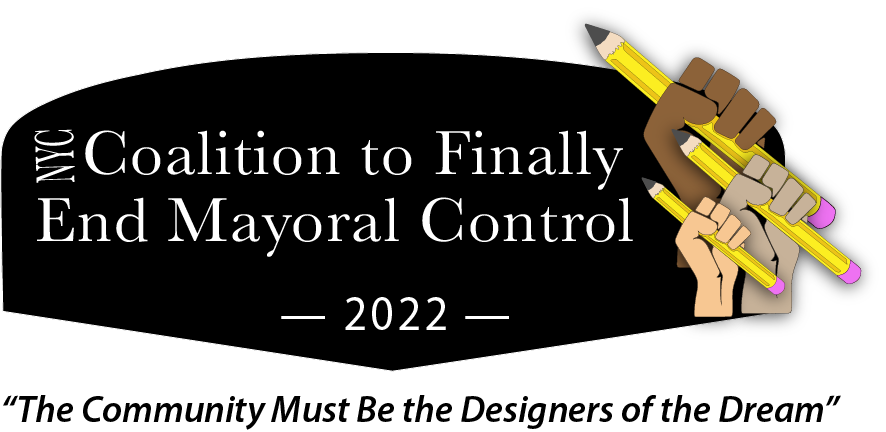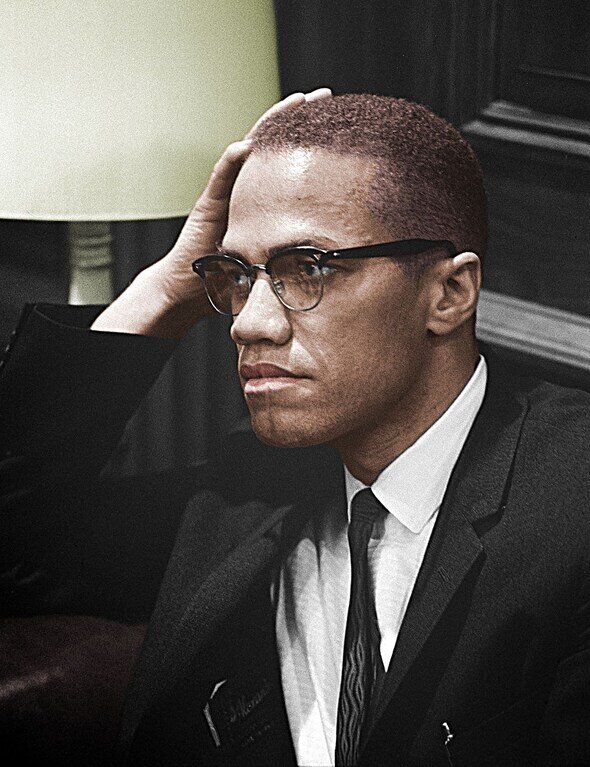Q: Why do we want NYC to adopt a School Governance System founded in Human Rights?
A: Because as revealed by the pandemic, the intolerant inequities in our human condition— from racism, classism, and gender bias, to sexual harassment, bullying, physical violence and emotional abuse— the overt privileges and disparities in our society won’t suddenly disappear without a radical change in our thinking and behavior towards one another. Equality, fairness, understanding, justice, respect for different backgrounds, cultures, and learning styles, along with dignity and decency in our inter-actions all matter very much. Teaching and practicing human rights is a solution that must begin in our education system.
Photo Credit: Rethinking Schools Magazine. The winter issue of Rethinking Schools has a cover story featuring a tribunal for students on the COVID-19 crisis in the United States. The lesson is by Washington, D.C., middle school teacher Caneisha Mills. Click the links above for more info.
Human rights are standards that recognize and protect the dignity of all human beings. Human rights govern how individual human beings live in society and with each other, as well as their relationship with the State and the obligations that the State have towards them.
Civil rights are man-made laws, and must be given and guaranteed by the power of the government (which means they are political). Civil rights fluctuate and vary greatly over time, and tend to follow society’s trends that allow or abhor particular types of discrimination.
“We can never get civil rights in America until our human rights are first restored.
We will never be recognized as citizens there until we are first recognized as humans.
Human rights are something you were born with.
Human rights are your God-given rights.
Human rights are the rights that are recognized by all nations of this earth.”
— Malcolm X
YOUTUBE has many learning videos on human rights that make clear why the TIME IS NOW to teach, protect and enhance these important rights for our children, our schools and the very future of our local and global communities.
HUMAN RIGHTS ARE EQUAL RIGHTS
Human rights law obliges governments to do some things, and prevents them from doing others. Individuals also have responsibilities: in using their human rights, they must respect the rights of others. No government, group or individual person has the right to do anything that violates any one else’s rights.
Universality and Inalienability
Human rights are universal and inalienable. All people everywhere in the world are entitled to them. No one can voluntarily give them up. Nor can others take them away.
Equality and Non-discrimination
All individuals are equal as human beings and by virtue of the inherent dignity of each human person. All human beings are entitled to their human rights without discrimination of any kind, such as race, color, sex, ethnicity, age, language, religion, political or other opinion, national or social origin, disability, property, birth or other status.
Participation and Inclusion
Every person and all peoples are entitled to active, free and meaningful participation in, contribution to, and enjoyment of civil, political, economic, social and cultural development, through which human rights and fundamental freedoms can be realized.
Indivisibility
Human rights are indivisible. Whether civil, political, economic, social or cultural in nature, they are all inherent to the dignity of every human person. Consequently, they all have equal status as rights. There is no such thing as a “small” right. There is no hierarchy of human rights.
Inter-dependence and Inter-relatedness
The realization of one right often depends, wholly or in part, upon the realization of others. For instance, the realization of the right to health may depend on the realization of the right to education or of the right to information.
Accountability and Rule of Law
States and other duty-bearers must comply with the legal norms and standards enshrined in human rights instruments. Where they fail to do so, aggrieved rights-holders are entitled to institute proceedings for appropriate redress before a competent court or other adjudicator, in accordance with the rules and procedures provided by law.


